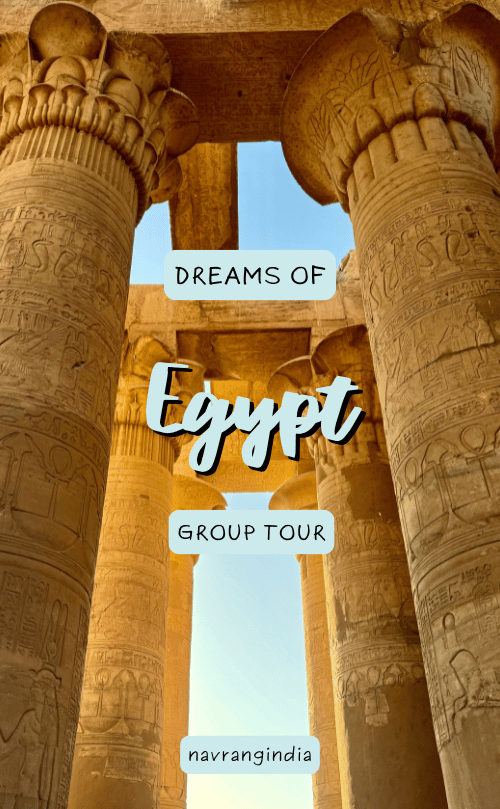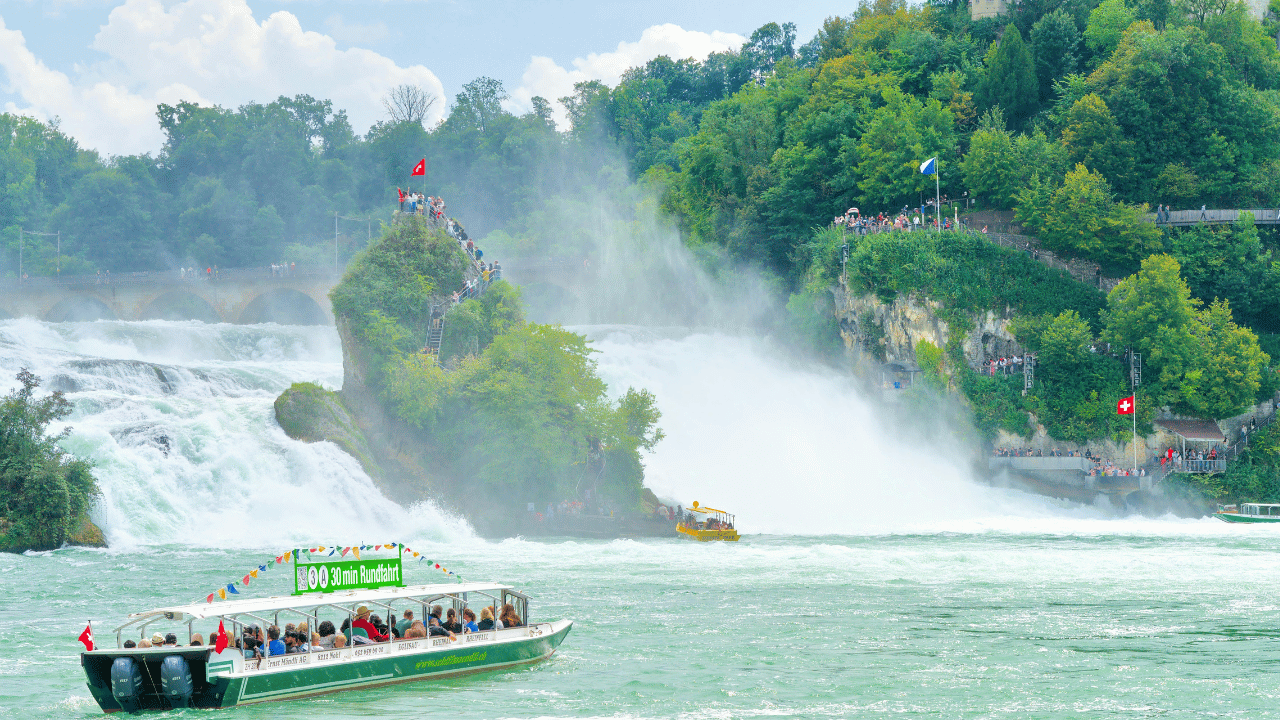Navrang India Pvt. Ltd built on this strong foundation aims to provide great customer satisfaction and an exemplary holiday experience.
Navrang India Pvt. Ltd built on this strong foundation aims to provide great customer satisfaction and an exemplary holiday experience.
50,000+ Abroad Trips
For the last decade, Navrang India Pvt. Ltd have organized more than 50,000 international itineraries.
Navrang India – The Best Travel Agency in India for Tour Packages
Travel is not just about reaching a destination — it’s about collecting stories, moments, and memories that stay with you forever. At Navrang India, we believe that every journey deserves a personal touch. As one of the best travel agencies in India for tour packages, our mission is to turn your travel dreams into beautifully planned experiences. Whether it’s a romantic honeymoon, a family vacation, or a solo escape into nature, we curate every detail so you can simply travel, explore, and enjoy.
India is a country that has something for every kind of traveler — snow-covered mountains, golden deserts, lush backwaters, ancient temples, and bustling cities. Navigating such diversity requires a travel partner who understands it deeply. That’s where Navrang India, a trusted Indian travel agency, stands out. With years of experience in crafting domestic and international tour packages, we bring you the perfect balance of comfort, culture, and creativity.
NavrangIndia Group Departures

NavrangIndia Premium Group Tours
Find and Book Your Perfect Vacation Rental Place
Navrang India Pvt. Ltd is your ultimate destination for finding and booking the perfect vacation rental place. Whether you are looking for a cozy cabin, a luxurious villa, or a charming cottage, we have it all.
Call us: +91 9940882200
Mail us: info@navrangindia.in
what our clients say

Incorporating AI into my website was the best decision. It has fully streamlined my processes, improved customer interactions, and the results are reflecting in my sales. My website is not just a platform; it’s a dynamic business partner. It anticipates my needs and provides solutions before I even realize I need them. It’s like having a tech-savvy companion guiding me through the digital world. Absolutely brilliant!”

The research tools embedded in this AI website are a lifesaver. It sifts through massive data sets, presents insightful trends, and helps me focus on the core of my work. A must-have for any researcher. The tools embedded in this AI website are a lifesaver. It sifts through massive data sets, presents insightful trends!

As a designer, aesthetics matter. This AI-driven website not only understands my design preferences but adapts its interface accordingly. It’s like having a digital canvas that evolves with my creative flow. It helps me focus on the core of my work. A must-have for any researcher. I’m hooked!
latest news
Sed ut perspiciatis unde omnis iste natus error sit voluptatem accusantium doloremque laudantium.























